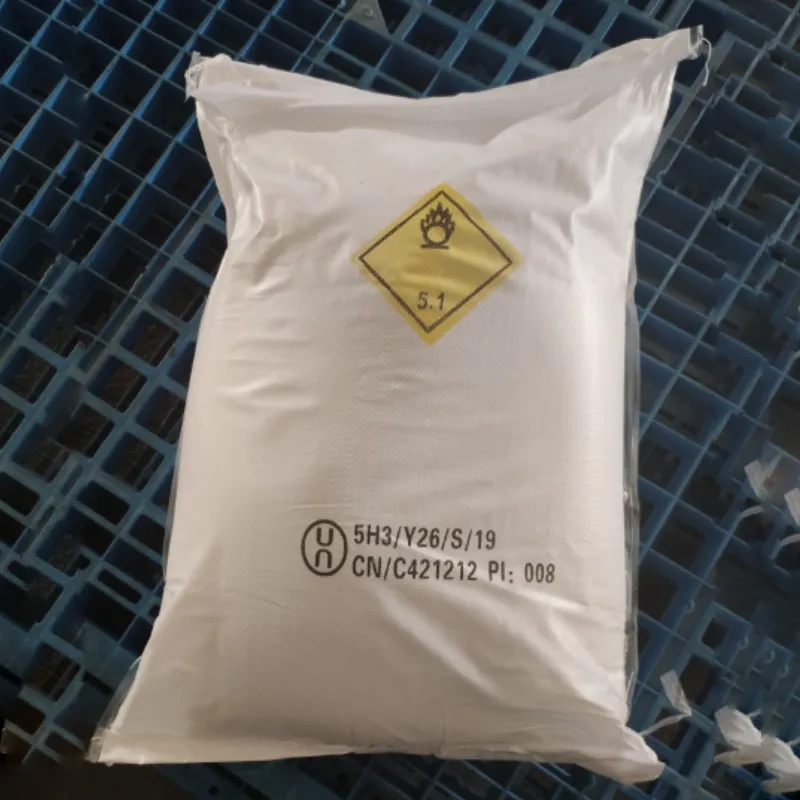
e211 preservative
Understanding E211 Preservative Safety, Uses, and Concerns
In the realm of food additives, preservatives play a critical role in extending the shelf life and maintaining the quality of various food products. One such preservative is E211, also known as sodium benzoate. This article delves into the characteristics, uses, benefits, and safety concerns associated with E211, providing a comprehensive overview for consumers.
What is E211?
Sodium benzoate, designated as E211 in the European food additive numbering system, is the sodium salt of benzoic acid. It is naturally found in certain fruits like cranberries, prunes, and apples, but for commercial purposes, it is typically synthesized. Sodium benzoate is recognized for its antimicrobial properties, making it an effective preservative against a range of bacteria, yeasts, and molds.
Uses of E211
E211 is widely used in the food and beverage industry. It is commonly found in products such as
- Soft drinks Sodium benzoate is often added to carbonated beverages to inhibit the growth of yeast and mold, helping to maintain the product's freshness and flavor. - Pickled foods It helps in preserving the flavor and appearance of pickles and other preserved vegetables. - Condiments Sauces, salad dressings, and ketchups often contain E211 to prolong their shelf life. - Sweeteners and candies E211 serves to prevent spoilage in sugary products, which are particularly vulnerable to mold growth.
Beyond food, E211 is also utilized in cosmetics and personal care products to prevent microbial contamination.
Benefits of E211
e211 preservative

The primary benefit of E211 is its ability to extend the shelf life of various food products, ensuring they remain safe and enjoyable for longer periods. The use of sodium benzoate can help reduce food waste, which is a significant issue in the global food supply chain. Additionally, by preventing spoilage, E211 helps maintain the taste and nutritional quality of foods.
Beyond its practical uses, E211 is also cost-effective. The synthesis of sodium benzoate is relatively inexpensive compared to other preservatives, making it an attractive option for manufacturers aiming to keep production costs low.
Safety and Regulations
The safety of E211 has been the subject of numerous studies over the years. Regulatory bodies such as the European Food Safety Authority (EFSA) and the U.S. Food and Drug Administration (FDA) have deemed sodium benzoate safe for consumption at established acceptable daily intake (ADI) levels.
However, concerns have been raised regarding the potential formation of benzene, a known carcinogen, when sodium benzoate is exposed to high levels of heat and light, especially in sugary beverages. Although the levels of benzene found in such products are generally below the safety limits established by health organizations, it is still a point of concern for many consumers.
Moreover, some individuals may experience sensitivities or allergic reactions to sodium benzoate, particularly those who are asthmatic or have specific dietary restrictions. This has led to calls for clearer labeling in food products containing E211, enabling consumers to make informed choices.
Conclusion
E211, or sodium benzoate, is a widely used preservative that offers several benefits, principally its ability to prolong the shelf life of food products and reduce waste. While regulatory bodies have classified it as safe for consumption, consumers should remain aware of potential sensitivities and the conditions under which benzene may form. As with many additives, moderation is key, and staying informed can help individuals make better dietary choices. In a world where food safety and longevity are paramount, E211 plays a notable role, but it should always be consumed mindful of its associated considerations.
-
Pure Sodium Dichloroisocyanurate Dihydrate | Powerful DisinfectantNewsAug.29,2025
-
Industrial Chemicals: Quality & Purity for Every IndustryNewsAug.28,2025
-
Nitrile Rubber Honoring Strict Production StandardsNewsAug.22,2025
-
Aspartame Ingredients Honoring Food Safety ValuesNewsAug.22,2025
-
Fertilizer for Balanced Plant NutritionNewsAug.22,2025
-
Cyanide Gold Processing with High Purity AdditivesNewsAug.22,2025
-
Formic Acid in Textile Dyeing ApplicationsNewsAug.22,2025
Hebei Tenger Chemical Technology Co., Ltd. focuses on the chemical industry and is committed to the export service of chemical raw materials.
-

view more DiethanolisopropanolamineIn the ever-growing field of chemical solutions, diethanolisopropanolamine (DEIPA) stands out as a versatile and important compound. Due to its unique chemical structure and properties, DEIPA is of interest to various industries including construction, personal care, and agriculture. -

view more TriisopropanolamineTriisopropanolamine (TIPA) alkanol amine substance, is a kind of alcohol amine compound with amino and alcohol hydroxyl, and because of its molecules contains both amino and hydroxyl. -

view more Tetramethyl Thiuram DisulfideTetramethyl thiuram disulfide, also known as TMTD, is a white to light-yellow powder with a distinct sulfur-like odor. It is soluble in organic solvents such as benzene, acetone, and ethyl acetate, making it highly versatile for use in different formulations. TMTD is known for its excellent vulcanization acceleration properties, which makes it a key ingredient in the production of rubber products. Additionally, it acts as an effective fungicide and bactericide, making it valuable in agricultural applications. Its high purity and stability ensure consistent performance, making it a preferred choice for manufacturers across various industries.





